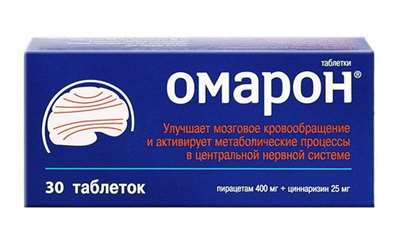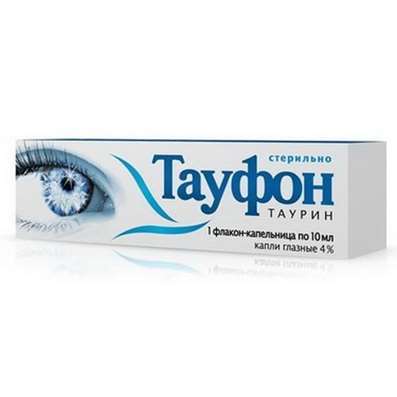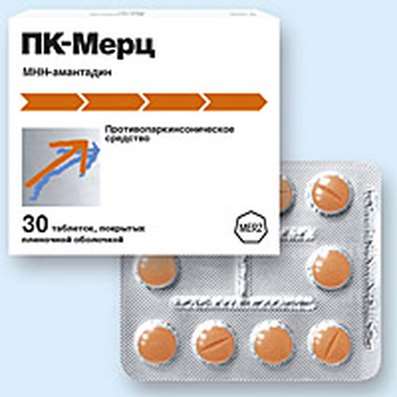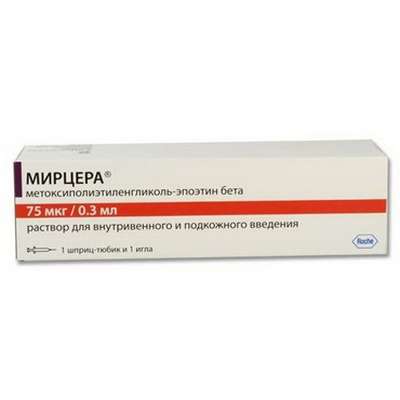Use of the drug Mildronate for elderly patients with cognitive impairment with The Background OF ENCEPHALOPATHY atherosclerotic
10 Oct 2016
Cognitive impairment is one of the most prevalent and socially important disorders of the nervous system. Cerebrovascular disease is one of the most common causes of cognitive deficit. This paper evaluated the efficacy of the drug Mildronate on elderly patients with mild to moderate cognitive impairment on the background of vascular encephalopathy.
The drug Mildronate injection was administered at a dose of 5 mL intravenously daily for 10 days. Received after the end of treatment data show an improvement of the general condition of patients, their cognitive functions and the positive dynamics of indicators of brain activity.
In modern neuroscience is extremely topical and socially important problems are vascular diseases of the brain, which occupy one of the first places among the neurological pathology.
Encephalopathy is a syndrome of multifocal or diffuse brain damage caused by chronic cerebral vascular insufficiency associated with atherosclerosis, hypertension and other diseases that result in suffering vascular system.
In the pathogenesis of diffuse brain damage at encephalopathy are processes due to the deterioration of cerebral hemodynamics, and the subsequent development of ischemia, hypoxia, energy deficit, increase lipid peroxidation, dysfunction of neuronal membranes and the emergence of neurotransmitter imbalance. In addition, there may also be triggering of a cascade of neurodegenerative processes, characterized by that particularly for the elderly.
The clinical picture of encephalopathy consists of cognitive, emotional, motor and other neurological disorders. The disease is progressive for staging. The disorder of cognitive functions largely determines the clinical picture of encephalopathy.
Blur cognitive impairment has already found 90% of patients with an initial encephalopathy and may be followed by a gradual or step-like progression, up to the degree of dementia. In connection with this great interest of researchers attracted to the problem of early diagnosis of cognitive disorders emerging in individuals with chronic disorders of cerebral circulation. The basis of cognitive dysfunction in cerebrovascular pathology is not the primary lesion of certain cortical areas or systems, and violation of the links between different cortical areas and subcortical structures, followed by the emergence of symptoms of secondary frontal dysfunction, which causes disturbances in the cognitive and emotional sphere at encephalopathy. Pathomorphological basis for these changes is the defeat of deep departments of white matter of the brain, which is accompanied by the phenomenon of leukoaraiosis, as well as the possible development of cortical atrophy and expansion of the ventricles.
The most characteristic symptoms of cognitive dysfunction in cerebrovascular disease are to reduce the rate of mental processes, infringement of planning and organization, ability to concentrate, memory, fatigue under mental stress.
Cognitive impairment in cerebral vascular pathology combined, usually with emotional and personality disorders: irritability, anxiety, depression and emotional instability, as in the past based on a secondary dysfunction of the frontal lobes of the brain.
Patients with chronic cerebral ischemia in the early stages of forming a syndrome of mild cognitive disorders, which the progression of the underlying disease can be transformed into a more severe cognitive impairment up to the development of dementia.
Recently neuro-gerontologists pay great attention to the problem of the syndrome of mild cognitive impairment.
MCI syndrome is quite heterogeneous condition characterized by symptoms of memory loss and / or general cognitive decline with no dementia syndrome, Characterized by the deterioration of cognitive activity for MCI syndrome, which causes some difficulty in performing complex types of professional and social activity.
However, patients are aware of their cognitive decline compared with baseline, and it is for them a cause for concern. The risk of progression of mild cognitive disorders and transforming them into mild and severe in these patients are generally above average.
Obviously, the earlier detection of cognitive disorders, in stage before dementia (mild to moderate), cognitive impairment is very important in terms of effective therapy. Currently in elderly patients as a therapy of MCI, developing on the background of cerebrovascular disease, it is appropriate to use drugs that affect metabolic processes in the central nervous system.
It was found that with age in the vascular wall decreases activity of many metabolic processes: reduced consumption of oxygen and the formation of adenosine triphosphate (ATP), decreases the synthesis of proteins and mucopolysaccharides. Violation of cerebral blood supply further enhances metabolic changes - is a violation of the energy potential of neurons decreases the biosynthesis of high-energy compounds (ATP, adenosine diphosphate), there are changes in the structural and functional state of the neuronal membranes, develops oxidative stress and as a result - dystrophy and degeneration of neurons, neurotransmitter disorders. Therefore, the treatment of chronic cerebrovascular pathology is important to optimize and improve micro-circulation metabolism in brain tissue.
One of the modern drugs with integrated anti-ischemic, anti-hypoxic, antioxidant, vasotropic and cytoprotective action is Mildronate (Meldonium). The active ingredient of the drug is Meldonium dihydrate, a structural analogue of the gamma-butyrobetaine (a precursor of carnitine). Meldonium reduces acylcarnitine and activated forms acylcoenzime In cells thus preventing their toxic effects. The drug inhibits the formation of carnitine from gamma-butyrobetaine, reduces the level of plasma carnitine. In addition, exposure of gamma-butyrobetaine causes the induction of nitric oxide - endothelial vasodilation factor having a plurality of physiological effects which are manifested in normalization of blood vessel tone, reducing platelet aggregation, increase erythrocyte flexibility. As a result, normalizes blood microcirculation and its redistribution to the ischemic areas of the nervous tissue, improves metabolic processes in cells is regulated by glycolysis and oxygen transport.
Thus, under the influence of treatment with LCN Mildronate in the group on the background of I DE Art. It noted improvement in general condition of patients, reducing the severity of the complaints, which was accompanied by a significant increase of parameters characterizing the short-term verbal (semantic, associative), and visual shaped memory. Also in this group of patients was significantly increased test parameters, indicating enhanced level of attention, hand-eye coordination, dynamic and constructive praxis, learning ability and perception of new information and improve patient activity.
It should also be noted that it was not detected under the influence of a course of drug therapy Mildronate in the surveyed groups of patients no significant changes in the emotional-volitional sphere.
The findings indicate positive changes in the bioelectric activity of the brain, apparently by improving cerebral hemodynamics and neyrometabolizma.
Consequently, the results of our studies show the positive influence of the drug Mildronate on clinical symptoms, neuropsychological and neurophysiological parameters in patients with circulatory encephalopathy. After completing the course of Mildronate treatment significantly improved overall in both groups of patients - with pulmonary syndrome and mild cognitive impairment, as well as set the positive dynamics of cognitive status. The findings suggest that the positive effects of the drug Mildronate on short-term (visual image, verbal semantic and associative) and long term (verbal semantic) memory, as well as hand-eye coordination, concentration levels, expense, fluency, opto-spatial and constructive praxis, the ability to learn. Patients with MCI syndrome is also significantly improved long-term visual (associative and visual-spatial) memory. Improvement of cognitive functions in patients with MCI syndrome accompanied by positive changes in brain activity that indicates an improvement in the functional state of the brain. Adverse reactions in patients treated with the drug were noted.
The results showed a positive effect of the drug Mildronate on cerebral hemodynamics and were the basis for repeated courses of therapy.
Thus, the positive dynamics of the functional state of the brain in elderly patients with ED, and cognitive impairment under the influence of Mildronate treatment, apparently associated with improved hemodynamics and neyrometabolizma during treatment with the drug. Mildronate should be used in the treatment of ED and correction of cognitive impairment in elderly patients with mild to moderate vascular cognitive impairment.

 Cart
Cart





